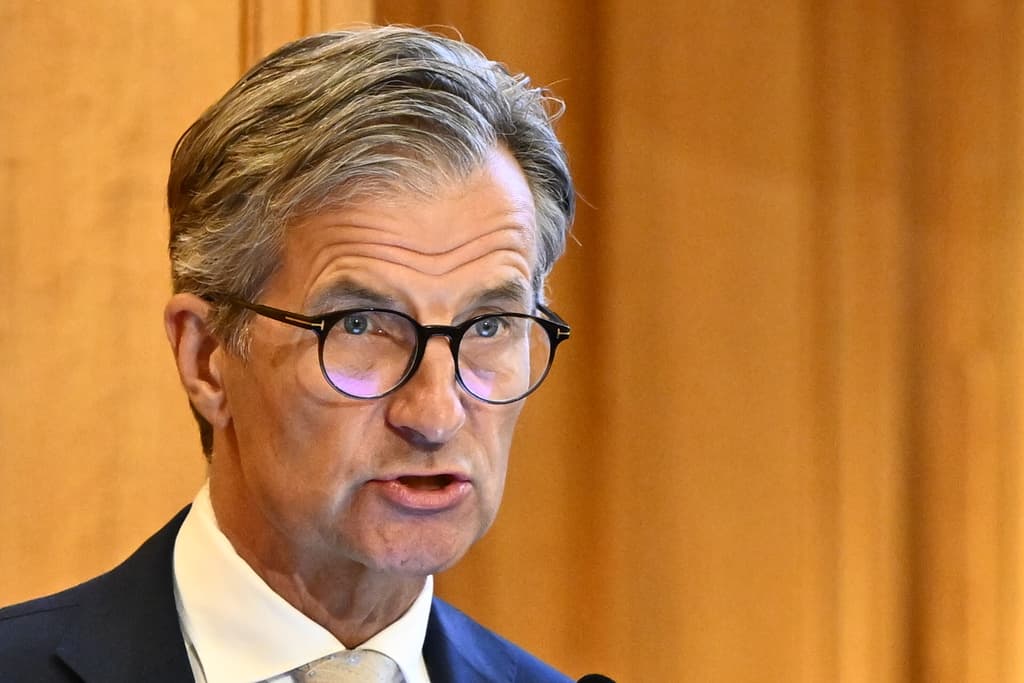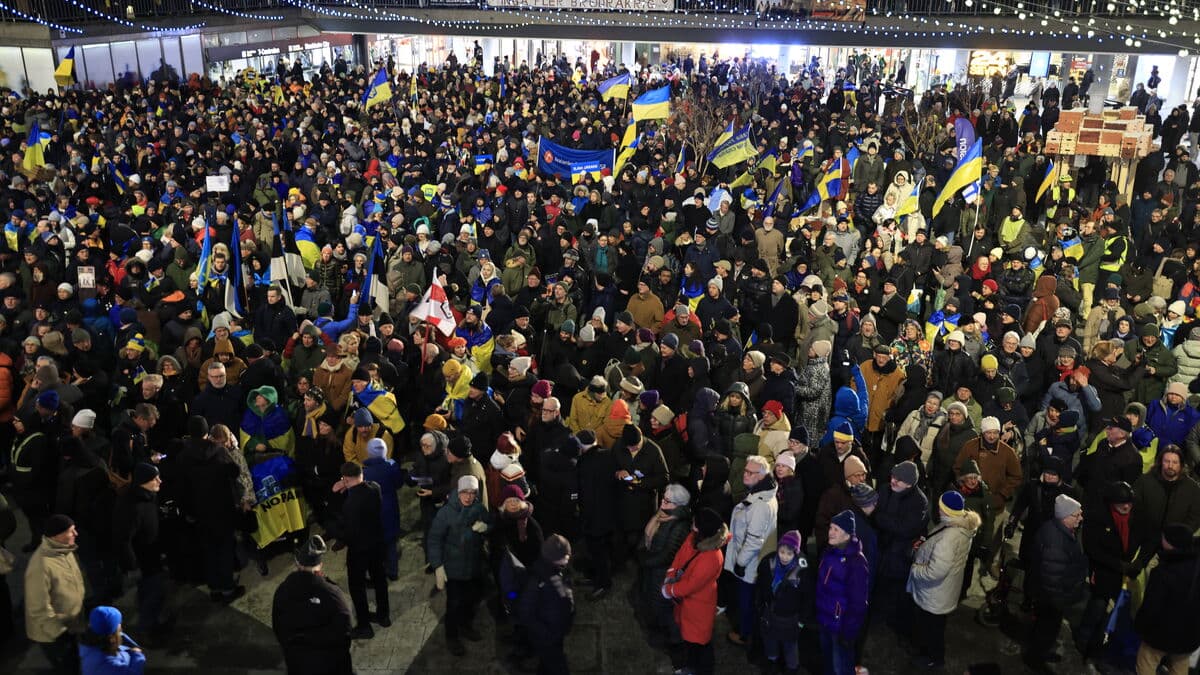Inflation falls, but less expected.
It can be partly explained by rising hotel costs – to some extent a Taylor Swift effect, according to analysts.
There may be a temporary Swift or Eurovision effect here, says chief economist Alexandra Stråberg.
Swedish inflation fell to 3.7 per cent in May, according to the KPI measure.
Economists had instead expected an inflation rate of 3.5 per cent, according to Bloomberg. In April, the annual price increase rate was 3.9 per cent.
This is a setback, says Alexandra Stråberg, chief economist at Länsförsäkringar.
Rising interest costs are still contributing significantly to the inflation rate, according to Statistics Sweden (SCB).
Inflation, according to the Riksbank's measure, KPIF (with interest rate effects removed), remained steady at 2.3 per cent in May. Expected was 2.1 per cent.
Taylor Swift effect
On a monthly basis, i.e. the price increase compared to April, transport services such as car rentals, train and air travel rose relatively much, six per cent. Hotels and accommodation also became more expensive, eleven per cent, which was more than expected.
It has been speculated that the giant concerts in Stockholm with the American artist Taylor Swift would drive up, among other things, hotel prices.
It's a small partial explanation, but service prices rose more broadly than that, says Nordea's chief analyst Susanne Spector.
And it's a small risk factor for the Riksbank, she continues.
Two cuts?
According to Robert Boije, chief economist at SBAB, the most important message is that inflation did not rise.
"Today's inflation figure for May from SCB gives no reason to change the conclusion that the inflation spectre in the Swedish economy is gone", he says in a comment.
The May figure, however, closes the door for a June cut from the Riksbank, according to Susanne Spector. Interest rate cuts are to be expected in the autumn, she believes.
Länsförsäkringar, on the other hand, expects three more cuts this year.
But this may have increased the likelihood of there only being two cuts, says Alexandra Stråberg.
It depends on next month. There are quite a few months left ahead that must confirm that the inflation journey is heading downwards, she adds.
Geopolitics a factor
Looking ahead, however, it looks bright – the inflation target of 2 per cent will be reached.
The worry clouds concern rather global events that can drive up inflation or further krona weakening, says Alexandra Stråberg.
The geopolitical uncertainty is an uncertainty factor, according to Shoka Åhrman, private economist at SPP:
"That can affect both prices and how other central banks act going forward", she says in a comment.






